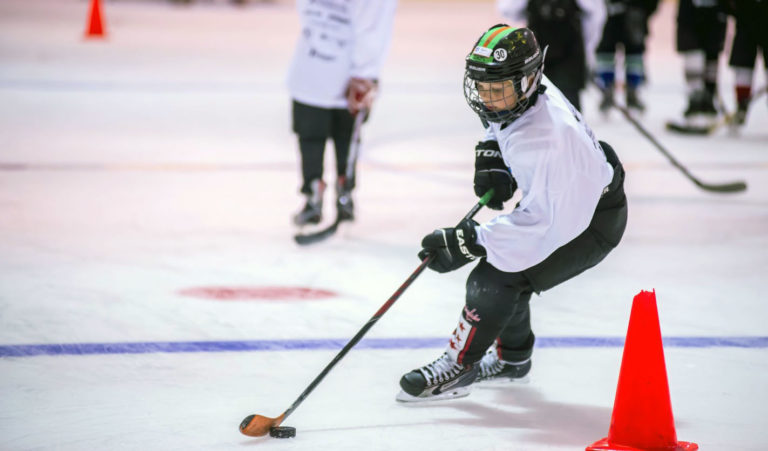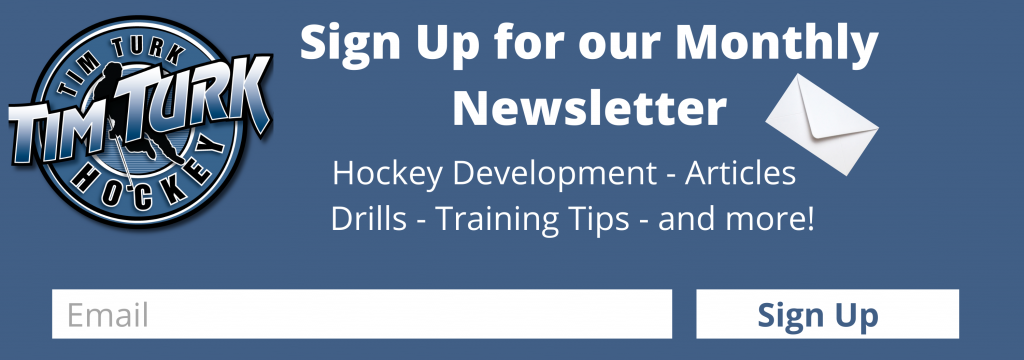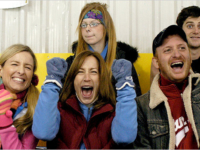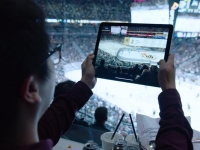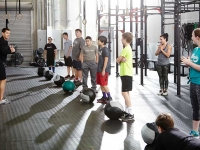In hockey, like in most sports, the skilled players do well, but it is the truly intelligent players that know how to utilize that skill, that are the ones who succeed the most. Hockey IQ is an intangible skill that combines an elite sense of vision, anticipation, and a wherewithal on the ice that slows the game down and makes everything easier. When you have a high hockey IQ, you do not need to be the fastest skater or have the hardest shot, you just need to, as the saying goes, go where the puck is going to be.
Wayne Gretzky is the greatest player in the history of the game but not for his speed, shot, or toughness, it is because Gretzky had a vision and understanding of the game and his opponents that we may never see again. The same can be said for Mario Lemieux. He had incredibly soft hands for a big man but he never had blinding speed or a blistering slapshot. What about Nicklas Lidstrom, who some argue is one of the top two defenseman in NHL history. Lidstrom knew how to use angles, leverage, and positioning on his opponent to limit scoring chances on his goal. The greatest players in NHL history generally have an exceptionally high hockey IQ, that allows them to overcome any shortcomings in their game, rather than have them exposed.
How To Improve Your Hockey IQ?
An interesting question for such an intangible skill. Admittedly, some players will never possess a hockey IQ that can be comparable to the all-time greats. But even if we can never see the ice as clearly as Gretzky did, it does not mean there are not ways to improve our hockey IQ! There are plenty of ways we can study the game of hockey, whether it is talking to your coach, other players, or watching game film. The more you are exposed to the game and game-like situations, the more you can look back on mistakes and think about how to approach these situations differently in the game.
For young players, try your hand at playing different positions on the ice. Playing as a defenseman if you are a forward, or playing as a center if you are a winger, can really help you understand the game from a positional point of view. Defensive responsibilities and how to play and position yourself when you do not have the puck are crucial parts of the game that really cannot be learned as well if you only play one position your whole career. Who knows, you may end up enjoying playing as a defenseman more than a forward!
Practice drills such as playing scrimmages in smaller areas of the ice can really help players develop a sense of anticipation and force them to think and react faster with less time and space available. This is a classic way in which coaches are able to put players in situations where they get to rely and hone in on their own reactions: an excellent way to develop and sharpen your hockey sense.
Hockey Is Just As Much Mental As It Is Physical
Have you ever seen the players or goalies who head out onto the bench early to mentally prepare and picture the game they are about to play? Getting into the zone mentally is a common way for players to focus on the game and their hockey sense, by blocking out any other mental distractions. Some players like to relax and listen to music or kick a soccer ball around before the game, but others like to clear their mind, and you can say, become one with the ice!
The more young players are around the rink and exposed to the game, the more they are going to develop their hockey sense and begin to understand the game itself. As with most things, the development of hockey intelligence begins at a young age and just as skating, stickhandling, and shooting are quintessential skills for succeeding in hockey, so too is building your off the puck skills like anticipation and being able to read a play as it develops. Next time you are watching a hockey game, just make note of how the best players seem to magically appear whenever there is a loose puck or rebound. There is no exact science to this, but the great ones just manage to read the game at a higher speed and can react to plays before they even happen.
What Can You Do To Sharpen Your Hockey Sense?
It always helps to stay calm and practice mindfulness before, during, and after games. Many professional hockey players partake in activities like yoga or meditation to help clear their minds so that they can focus on their game. Exposure is also key. The more you watch and play the game, the more you will begin to pick up on player tendencies which can help you react when put in an in-game situation. There is a reason why the film room has become one of the more popular places for professional athletes to hang out when they are not on the field or ice.
When it comes to things like anticipation, players should practice awareness of where other players are on the ice and how those players will react to certain plays. They often say hockey players should have their heads on a swivel while on the ice. If you are only looking in one direction, it is difficult to anticipate where the other players on the ice will be. Find the open areas and the soft spots on the ice and you will be surprised at how often the puck will find you.
Hockey IQ and sense are the skills that can truly separate the skilled players from the great players. Can they be learned? Of course! Improving your anticipation and vision as well as developing a firm understanding of other players, can give you great insight into how the game is played and remember: being just as smart without the puck as you are with the puck, can go a long way in determining how successful you are on the ice.


